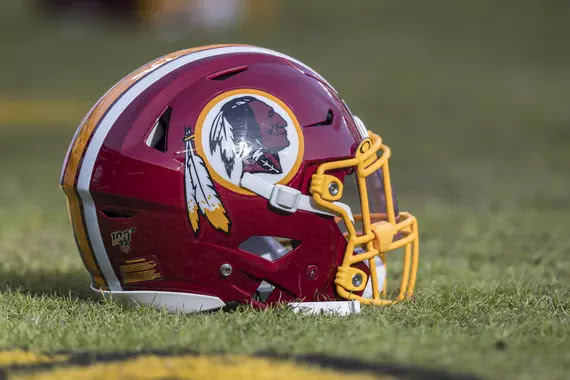American Indian Civil Rights Conference Says Women Key
By Carol Berry
It was a conference on the complexities of American Indian civil
rights, but it carried a timeless admonition that civil rights are
human rights as expressed in a principled way of life, a message often
conveyed by women, "The earth is our mother," said Henrietta Mann,
Cheyenne, "and we are still trying to live in harmony with one
another."
She was the opening speaker at the third annual Pathways to Respecting
American Indian Civil Rights conference August 8 – 9 in Denver,
Colorado, sponsored primarily by local colleges and government
agencies and drawing more than 30 presenters and speakers. Many of
which shared first-hand experience with the issues being discussed.
Attorney Keith Smith, who conducted a session on violence against
women legislation, said his Navajo grandmother wondered why "we have
to put into law to make people behave like they should in the first
place."
Underscoring the positive role of women, Mann said, "American Indian
women are the makers of history. They have given life to the
generations who carried their sacred knowledge." Mann, who is
Professor Emeritus of Native American Studies at the University of
Montana, recalled her great-grandmother's tenacity when, as a
teenager, she survived the Sand Creek Massacre of 1864 in southeastern
Colorado.
Some views of women's value were general, some very personal, as in
the experience of Michael E. Bird, former president of the American
Public Health Association, who recalled a childhood with an alcoholic
father who was "never really a father" and who died of cirrhosis.
Bird, Santo Domingo, San Juan Pueblo, said his mother was 17 when he
was born and she was raised early on by her grandmother, but later was
"pretty much on her own."
"The fact that I'm alive and not in prison or had other negative
things happen is a blessing," Bird said. He added he owes that to his
mother, "who didn't get what she needed" but nevertheless provided a
home and support: Without her, "I would not be here today." He also
credited others, including a diminutive grandmother who could "scare
the bejesus out of everyone."
The conference's concluding speaker, Gyassi Ross, Blackfeet/Suquamish,
an attorney and columnist for Indian Country Today Media Network,
said, "When I talk about my 90-year-old grandmother, I talk about a
repository of family knowledge that is going to be lost" and he
criticized a reservation where "having a lady roughed up was something
you expected to see."
The themes of women as wise and respected yet sometimes abused were
reflected in such sessions as "Dads and Daughters" alongside those on
the Violence Against Women Act (VAWA) and Tribal Law and Order Act,
both mandates triggered in part by the now-familiar reality in which 1
in 3 Native women will be raped in her lifetime and 2 in 5 will be
victims of domestic or partner violence.
The American Indian Dads and Daughters program took information from
60 fathers of at least 50 tribes and noted that 78 percent of fathers
said tribal spiritual and ceremonial events were the "most special
time" spent with their daughter(s).
Despite positive influences from fathers, however, "There are people
drinking and drugging in our communities and some of them may be
sitting at that drum" or dancing, so that daughters may become wrongly
convinced that "real Indians drink," said Dr. Martin Reinhardt,
Anishinaabe Ojibway citizen of the Sault Ste. Marie Tribe of Chippewa
Indians.
One civil rights victory was salvaged from a Ute Mountain Ute woman's
assault and rape and an area hospital's position that it was out of
rape kits—not a startling assertion given area racism coupled with
third-party billing issues and other conflicts with the tribe.
A coalition of state civil rights representatives and federal and
tribal officials met with hospital administrators and the hospital
agreed to more cultural awareness training, it got rid of insensitive
staff, and it invited members of the Ute Mountain Ute Tribe and Navajo
Nation to sit on the board of directors, said Ernest House Jr.,
executive secretary of the Colorado Commission of Indian Affairs.
Finally, although humans may forget their interrelatedness, Mann said
there are sacred forebears who have imparted history and wisdom to
tribes over time. Naming Grandmother Earth, Changing Woman, Spider
Grandmother, White Buffalo Calf Woman, Corn Mother and a host of
others and "we are rich because of this."
http://indiancountrytodaymedianetwork.com/2012/08/17/american-indian-civil-rights-conference-says-women-key-129442



Comments
Post a Comment